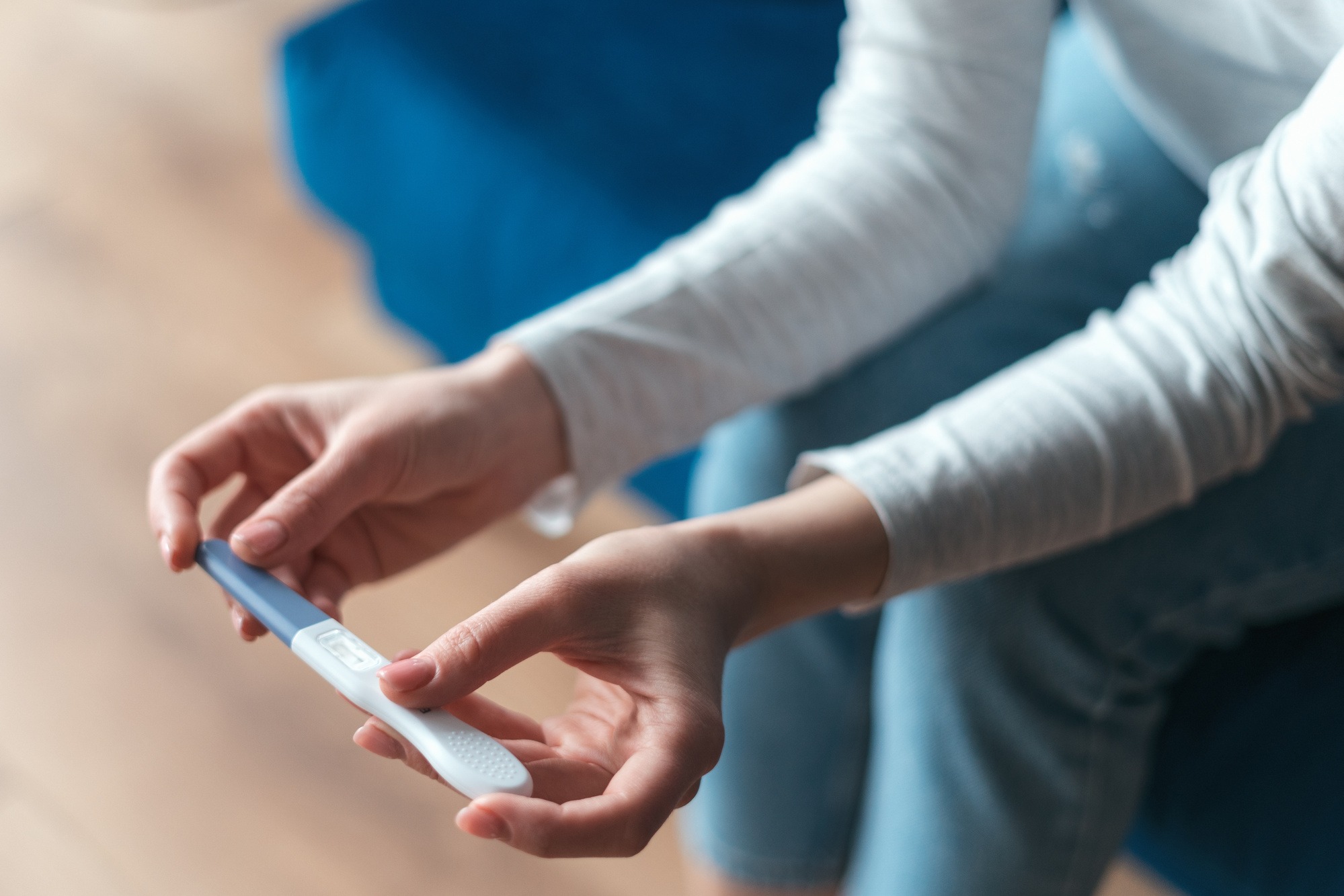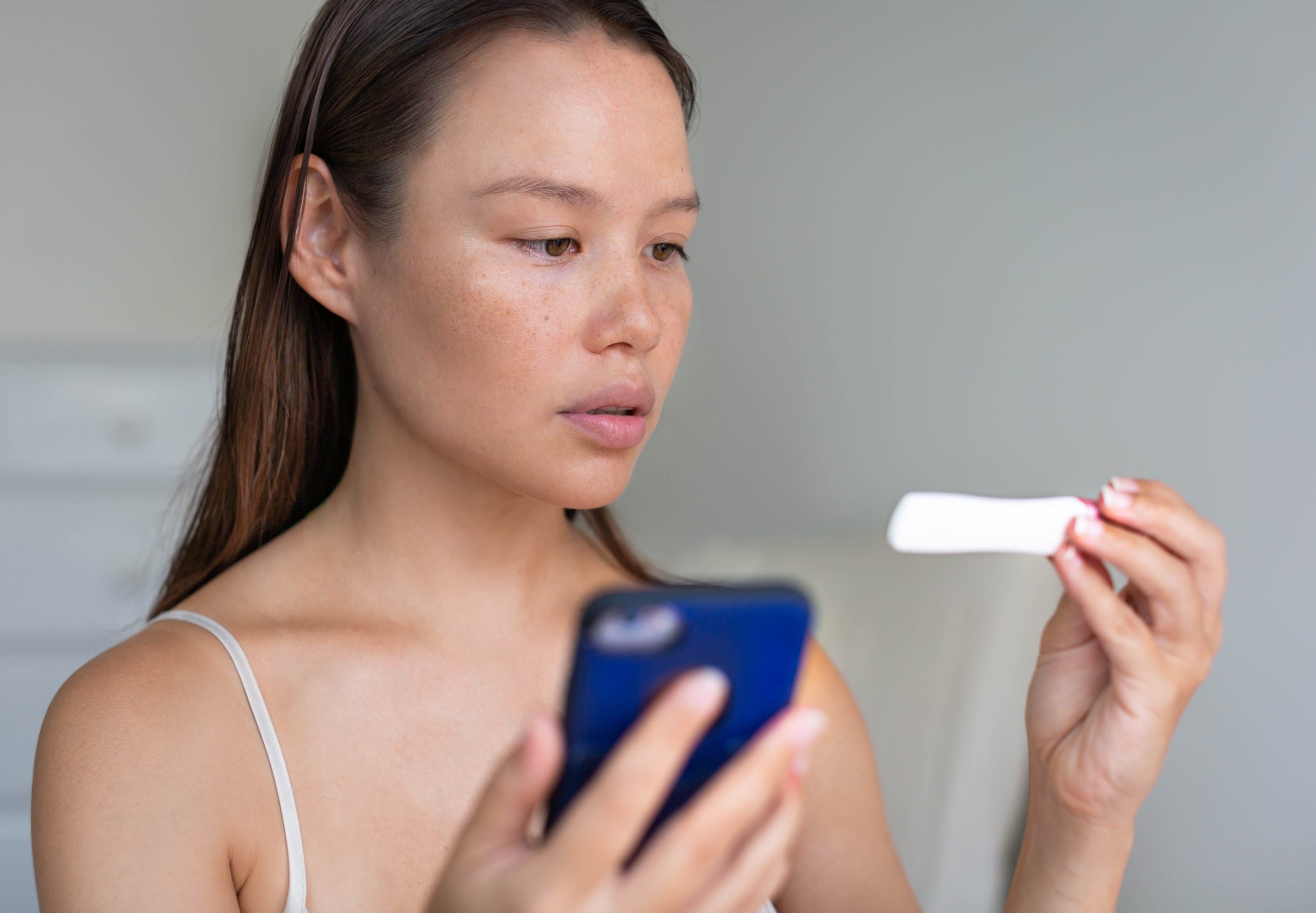When it comes to pregnancy and motherhood, there are a lot of beliefs and traditions that can sometimes give conflicting information. Some women take a pregnancy test right after missing a day of their expected period. Others, however, would tell you to wait a week before taking a pregnancy test to ensure accuracy.
So, which is which? This article will explain the best time to take a pregnancy test and some related information.

When Should You Take A Pregnancy Test?
The answer would differ depending on your personal circumstances:
- For Women Attempting to Conceive
Theearliest you can take a pregnancy test is 10 days after your last sexual encounter. But if you want to avoid false negatives, taking a pregnancy test two weeks after the last time you had unprotected sex is ideal. Make sure to have pregnancy home test kits ready. You may buy pregnancy tests online at Fertility2Family for convenience.
- For Women Not Trying to Conceive
If you’re not trying to conceive, taking a pregnancy test is recommended a day after missing your monthly period.This is easier for women who get their periods regularly and are also tracking the days of their cycle.
For women who have irregular periods or are unsure of the day of their last period, it’s best to wait at least 21 days after the last sexual encounter. However, if you’re experiencing some pregnancy symptoms even before 21 days have lapsed, it’s best to take a pregnancy test immediately.
It’s important to note that not all pregnancy symptoms are the same for everyone, and some women may not experience any symptoms at all. It’s also recommended to take a second test a few days after the first one to confirm the results.
Benefits Of Taking A Pregnancy Test Early
If you’re trying to conceive, taking a pregnancy test as early as possible has advantages. For one, knowing the result earlier will allow you to make lifestyle changes right away. If it’s positive, you can begin prenatal care or start taking vitamins to ensure a healthy pregnancy.
If the result is negative, you can wait another week to take a second test. Alternatively, talk to your healthcare provider and focus on boosting fertility in preparation for the next ovulation cycle.
Taking a pregnancy test is anxiety-inducing if you’re not trying or expecting to conceive. Even so, taking a pregnancy test as early as you can has its benefits. For one, it can put your mind at ease. And if it does turn out to be positive, you can talk to a healthcare provider immediately to discuss your options.
When To See An OB-GYN?
An obstetrician-gynecologist (OB-GYN) is a healthcare provider who’s expertiseis the female reproductive health. They provide comprehensive care to women throughout their reproductive years, including prenatal care, childbirth, and postpartum care.
It’s recommended to book an appointment with an OB-GYN as soon as you get a positive result from your pregnancy test. The OB-GYN can confirm the pregnancy, check the condition of the fetus, ensure you’re in good health, and recommend vitamins or supplements for both you and the baby.

If your pregnancy test came back negative, it’s not necessary to see an OB-GYN except when:
- You’re Still Not Getting Your Period
A missed period is one of the earliest signs of pregnancy, but it could also be caused by something else. If your pregnancy test came out negative, but you’re still not getting your period after a week or two, it’s time to see an OB-GYN to know what’s up. Stress, hormonal imbalance, weight changes, and even polycystic ovary syndrome (PCOS) can cause missed and irregular periods.
- You’re Experiencing Pregnancy Symptoms
Aside from a missed period, common signs of pregnancy include nausea,swollen breasts,constant fatigue, and even light spotting.If you’re experiencing such symptoms, but your pregnancy test came back negative, seeing an OB-GYN is necessary to rule out other potential causes for your symptoms, such as hormonal imbalances or thyroid issues.
- You’re Aiming To Conceive
As mentioned earlier, it’s advised to speak with your doctor if your pregnancy test comes back negative despite trying to conceive. An OB-GYN can help identify potential reasons for the negative test result and recommend lifestyle changes or treatments that may increase your chances of getting pregnant.
In Summary
The best time to take a pregnancy test is right after missing your period. However, this guideline isn’t universal since women’s reproductive cycles may vary. So, for those who don’t get their period regularly or aren’t tracking their ovulation cycles, taking a pregnancy test 21 days after sex is recommended. However, it’s not necessary to wait 21 days if you’re already experiencing pregnancy symptoms.
Hey welcome to my blog . I am a modern women who love to share any tips on lifestyle, health, travel. Hope you join me in this journey!

Speak Your Mind